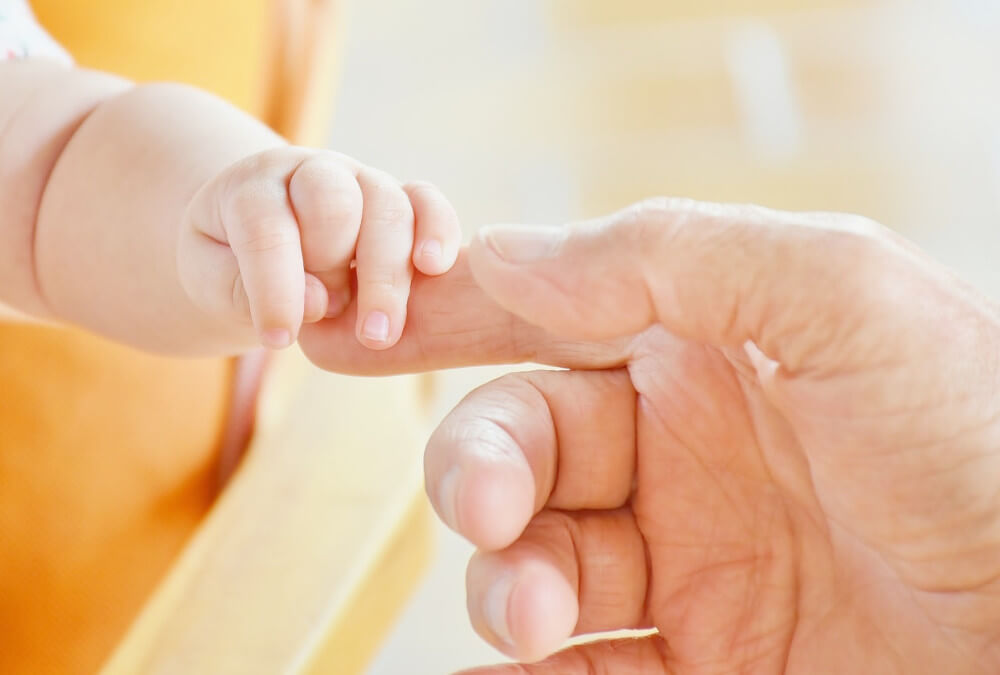Contact With Your Newborn
How to establish a positive relationship with your newborn baby
When you look into the eyes of your newborn baby, you will be met with an intense gaze that will be felt as a strong contact between you and your baby. The majority of newborns lie with their eyes wide open for approximately 40 minutes after birth, on average. This is where the connection begins, both for you as a father and for your children.
In order to maintain positive contact with your child and strengthen the bond between father and child, you must be aware of the following:
- As soon as your baby is born, it is able to see, hear, and feel for the first time.
- Your baby’s attachment to you begins as soon as he or she is born.
- With a little patience, you can establish contact with your child right from the beginning of the process.
- By staying in touch with your child from the beginning, you can help to strengthen his or her attachment to you as a father.
- All of the activities and contacts you have with your child help to strengthen the bond between you – changing diapers, picking up your child, singing for him or her, talking to him or her, smiling at him or her, holding him or her in your hand, and so on.
What if I told you…
– Your newborn baby’s body contains 300 bones, which is 94 more than the average adult. They join together to form larger bones as time goes on.
– Your child is born without kneecaps. They only begin to emerge when the baby is approximately 6 months old.
– A newborn pees approximately once every twenty minutes.
You are a reflection of your child.
When your baby is born, all of his or her senses are fully developed – he or she can see, hear, feel, smell, and taste, for example. As a result, you will be able to communicate with your child from the very beginning.
As long as you have a little patience and are willing to accept the fact that your baby’s reactions to the environment are slower than adults’ and last two to three seconds, you may discover that your baby can imitate you within the first few hours after birth. In the example above, if you hold your child up in front of you and reach for it or lift your arm, you will notice that it is attempting to mimic your movements with a slight delay.
Not all children are equally ready for contact in the same way, but the desire to connect is present in all children in some form or another. Of course, every baby is unique, and it is not a catastrophe if your baby does not react in the same way as your other children right after birth.
That is something your newborn is capable of.
One week after birth, your baby will be able to distinguish the smell of your body from the smell of other people. Soon after, your child will be able to distinguish between the voices of his or her father and mother.
Your child prefers the smell of you over the smell of other people, it prefers to listen to familiar voices over foreign voices, and it prefers to look at your faces over the faces of other people. Aside from that, your child quickly learns to manipulate the environment so that it can see, hear, and smell you.
In the beginning, your child prefers to look at shapes with patterns and colors and things that move. You will also notice that your child has lost interest in the familiar and has a strong desire to see something new. Getting to know the world and exploring new territory is something that your child is interested in. If your child has known the faces of father and mother for the first few weeks or three months, it is likely that it will prefer to look at the faces to which it ‘belongs.’




